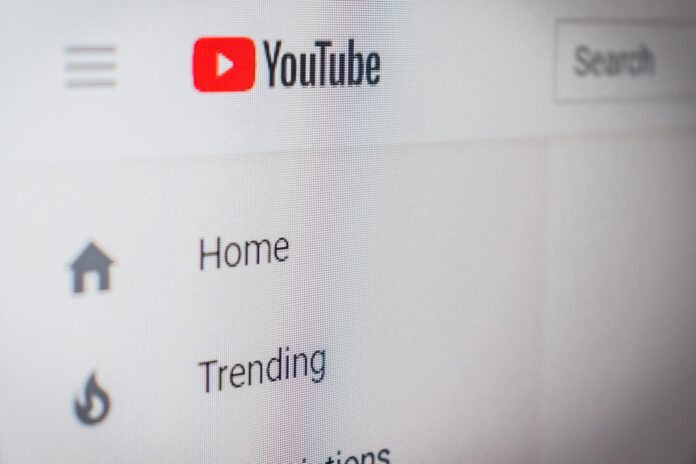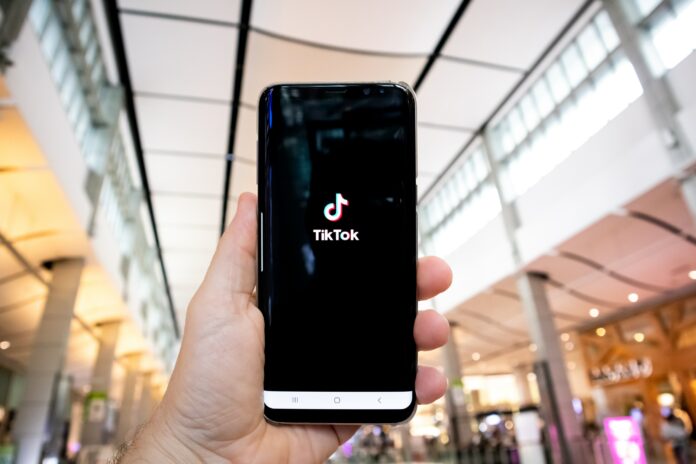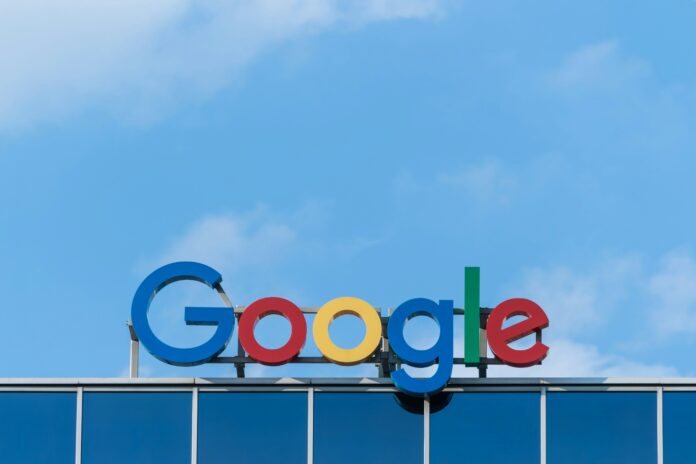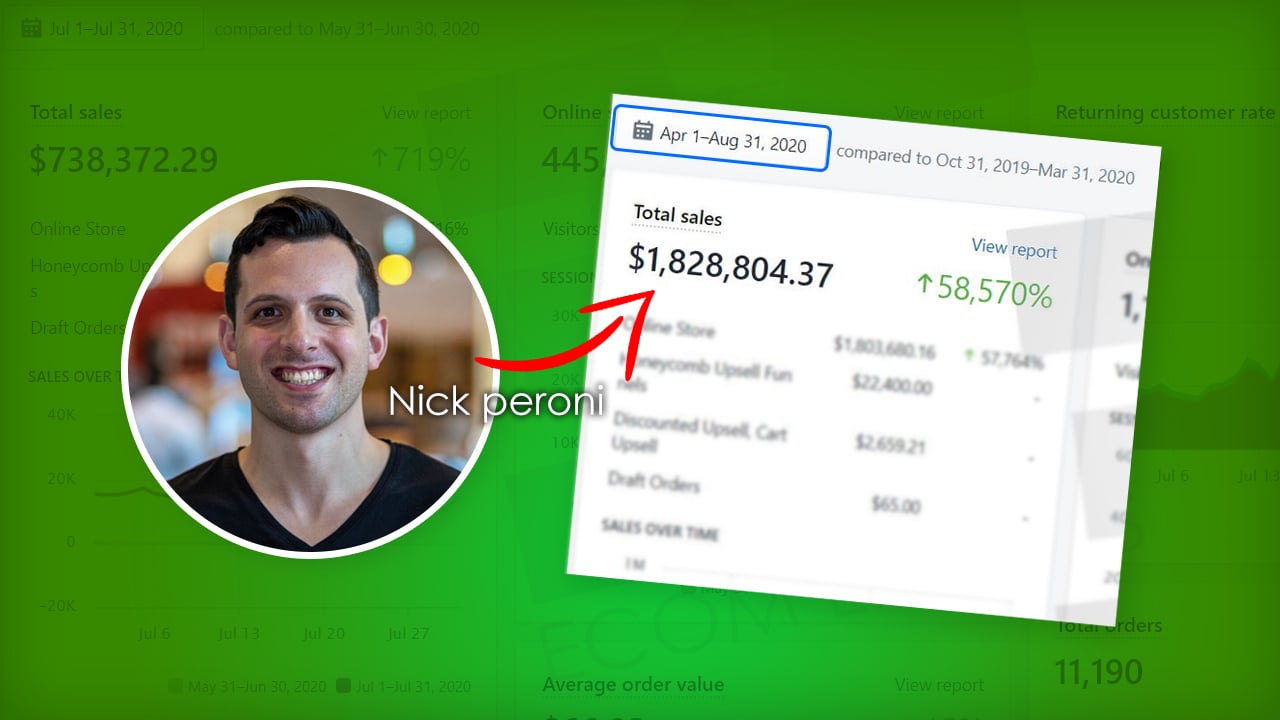Meta submitted a motion on Friday to dismiss the FTC’s monopoly charges, which contained information about how much advertising money Instagram has generated in recent years.
The Verge reported that in 2021 alone, Instagram earned $32.4 billion in revenue, outperforming YouTube, which earned $28.8 billion.
Business Insider has noted its advantage over YouTube, stating that it gives away 55% of each advertising dollar it generates to content owners who submit films, whereas Instagram gives up much less.
According to Bloomberg, the percentage of Meta’s revenue derived from Instagram increased from 26 percent in 2020 to around 30 percent in the first six months of 2022.






















